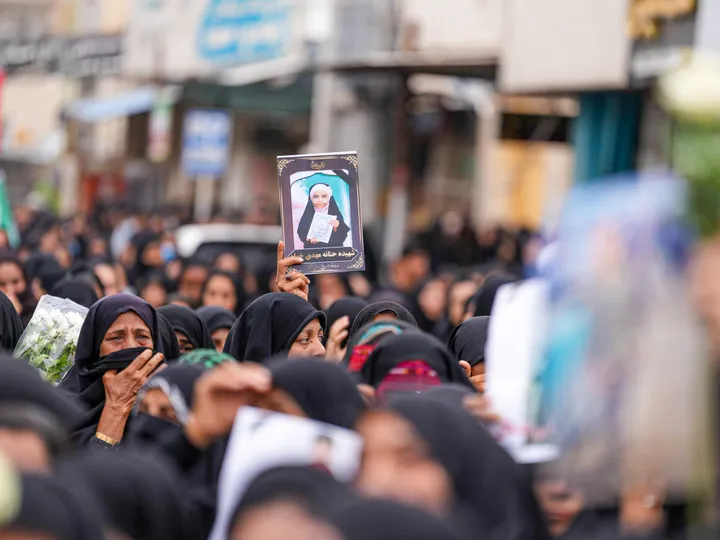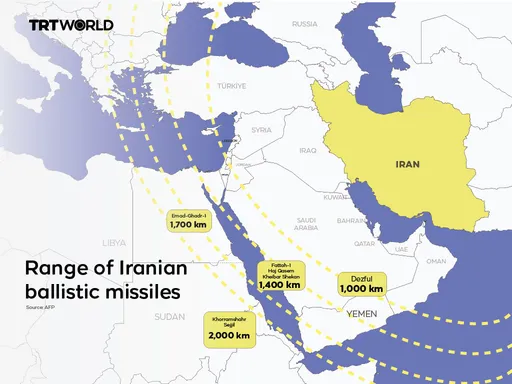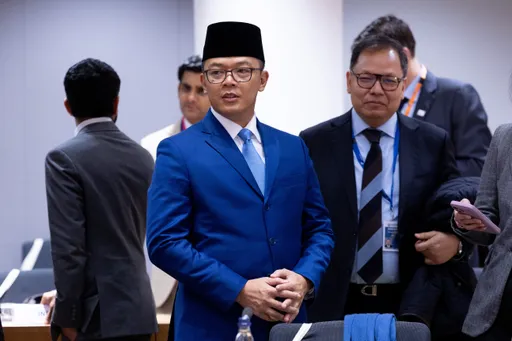The United Nations has received “credible allegations” that more than 100 former members of the Afghan government, its security forces and those who worked with international troops have been killed since the Taliban took over the country on August 15.
In a report obtained by The Associated Press on Sunday, UN Secretary-General Antonio Guterres said “more than two-thirds” of the victims were allegedly subjected to extrajudicial killings by the Taliban or its affiliates.
The killings were carried out despite the Taliban’s announcement of “general amnesties” for those affiliated with the former government and US-led coalition forces.
The UN political mission in Afghanistan also received “credible allegations of extrajudicial killings of at least 50 individuals suspected of affiliation” with extremist group Daesh's Afghanistan chapter, Guterres said in the report to UN Security Council.
In addition, the mission also received credible allegations “of enforced disappearances and other violations impacting the right to life and physical integrity” of former government and coalition members.
Guterres said human rights defenders and media workers also continue “to come under attack, intimidation, harassment, arbitrary arrest, ill-treatment and killings”.
The secretary-general said the UN mission documented 44 cases of temporary arrests, beatings and threats of intimidation, 42 of them by the Taliban.
READ MORE:UN urges nations to release frozen assets, increase aid to Afghanistan
Humanitarian crisis
Guterres said Afghanistan today faces multiple crises: a growing humanitarian emergency, a massive economic contraction and the crippling of its banking and financial systems.
In addition, it is facing the worst drought in 27 years, and the failures to form an inclusive government and restore the rights of girls to education and women to work.
“An estimated 22.8 million people are projected to be in 'crisis' and 'emergency' levels of food insecurity until March 2022,” the UN chief said.
On a positive note, Guterres reported “a significant decline” in the overall number of conflict-related security incidents as well as civilian casualties since the Taliban takeover.
The UN recorded 985 security-related incidents between August 19 and December 31, a 91 percent decrease compared to the same period in 2020, he said.
Despite the reduction in violence, Guterres said the Taliban face several challenges, including rising attacks against their members.
“Some are attributed to the National Resistance Front comprising some Afghan opposition figures, and those associated with the former government,” he said.























